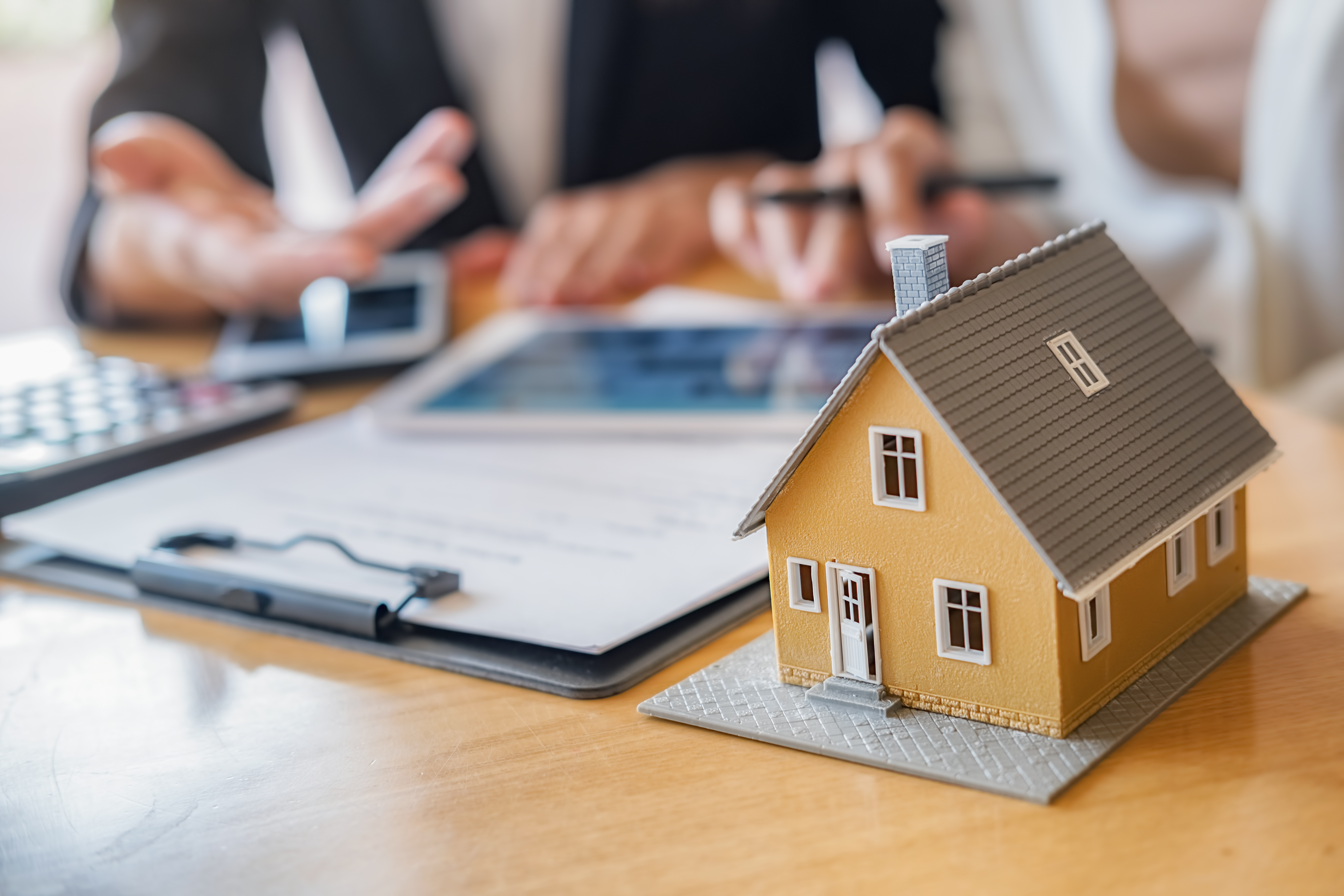When you are buying a house, you will have an appointed conveyancer who will be with you every step of the way. They are there to answer any questions you have, and to help the process go smoothly. However, it’s always good to know what you should expect from them, as well as what they expect from you. So, we thought that we would put together The Guild’s Guide on what to expect of your conveyancer.
What To Expect Of Your Conveyancer
How Long Can The Buying and Selling Process Take?
On average, the entire process can take anywhere between 8-10 weeks. This can be dependent on the chain, if you are selling to a first time buyer, with no chain, it will naturally be a quicker process than if other properties are involved.

9 key steps:
- Instruct a conveyancer.
- Confirm instructions to your conveyancer and pay search fees.
- Your conveyancer will request a contract from your seller and request the searches.
- You need to ensure funding is in place and, if required, that a mortgage is applied for.
- Your conveyancer will report to you once they have received and reviewed your contract, the searches, and mortgage offer if applicable.
- Sign your contract and mortgage offer and pay a deposit to your conveyancer.
- Agree a date for completion with your conveyancer.
- The conveyancer will exchange contracts. At this point you are committed to purchasing the property.
- Completion! This is the day you complete your purchase and you will get the keys to your new home.
Who to deal with and what to ask:
- A solicitor might not be as experienced in conveyancing as a licensed conveyancer. If you work with a solicitor, ask them how many sales they have dealt with in the past.
- You can only instruct a conveyancer once you have agreed to the sale of your home, but you can select one beforehand. Waiting to make this decision until the last moment could slow the process down.
- You should instruct someone you trust.
- Your estate agent might have an established relationship with a conveyancer and you may be offered a package or discounted rate to use them.
- There’s no obligation to choose the conveyancer your agent recommends.
- If you are buying and selling at the same time, it will be necessary to make sure everyone in the chain is ready before you can move. Your conveyancer will help coordinate this.
- Compare conveyancing fees with a couple of companies to ensure you are paying a fair rate.
Conveyancing fees:
When you receive a quote take the time to check it thoroughly:
- Is it a fixed fee, or charged at an hourly rate?
- Is VAT included?
- Will there be any costs should the sale fall through?
- Are you buying another house at the same time? If so, you will need to factor the costs for this in.
You can expect the fees charged to be divided into two parts:
1. Solicitors’ fees for carrying out the work.
2. Associated costs, or disbursements, paid to third parties. These include fees or taxes which are involved in the process of selling your home.
Disbursements when selling can include:
Land Registry Transfer fee – This is a payment for transferring ownership from the seller to the buyer with the Land Registry.
Searches – There is a variety of searches which are part of the buying process. Click here to view our guide to searches.
Stamp Duty – The amount of Stamp Duty you pay is dependent on the value of the property. Click here to view our Stamp Duty Calculator.
Leasehold Property – These types of property can incur more costs. You may, for example, need a Deed of Covenant which is a legally binding agreement covering things such as carrying out repairs.
Transfer fee – This will be paid to your conveyancer for transferring funds to your mortgage company. Funds are required on a particular day, and a Telegraphic Transfer ensures the money reaches the account on time.

